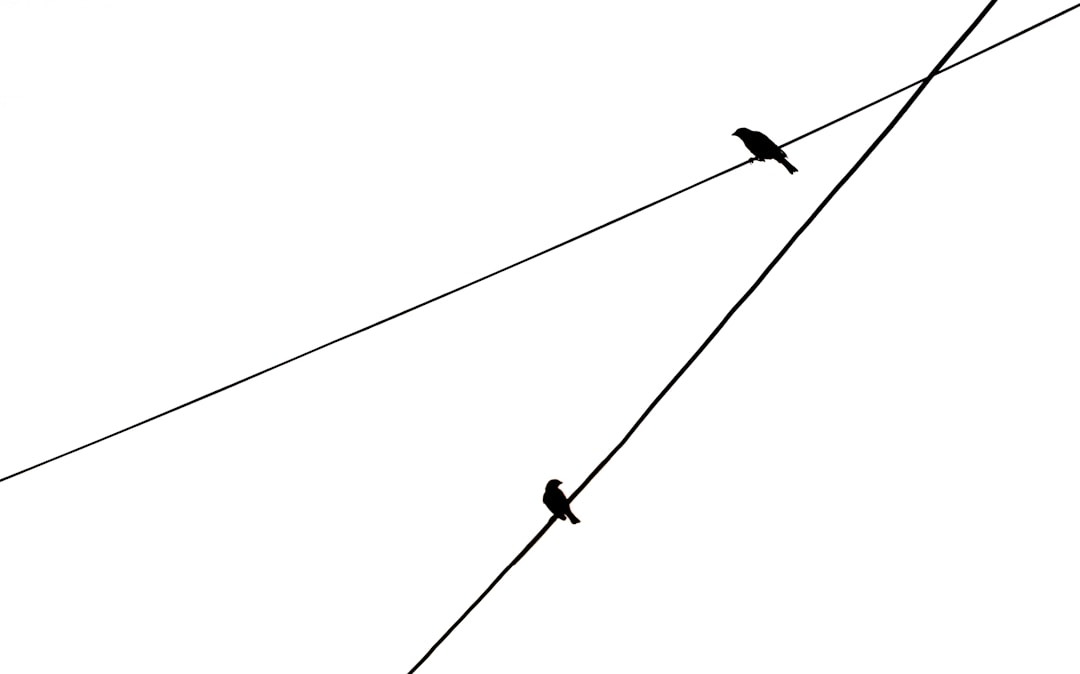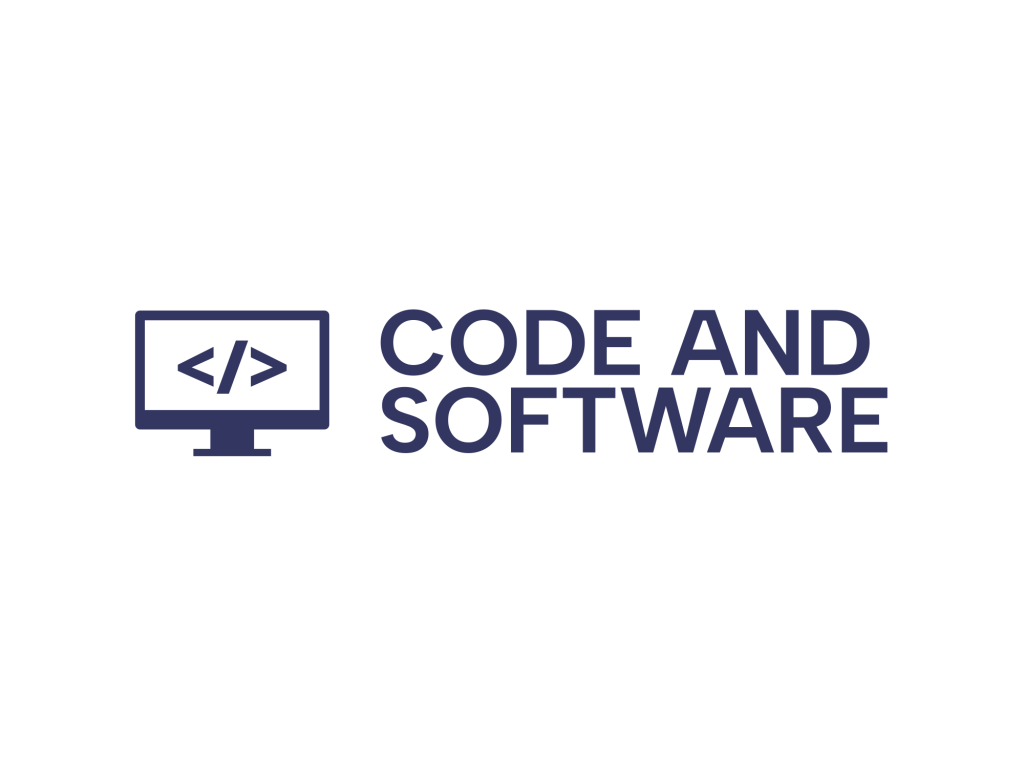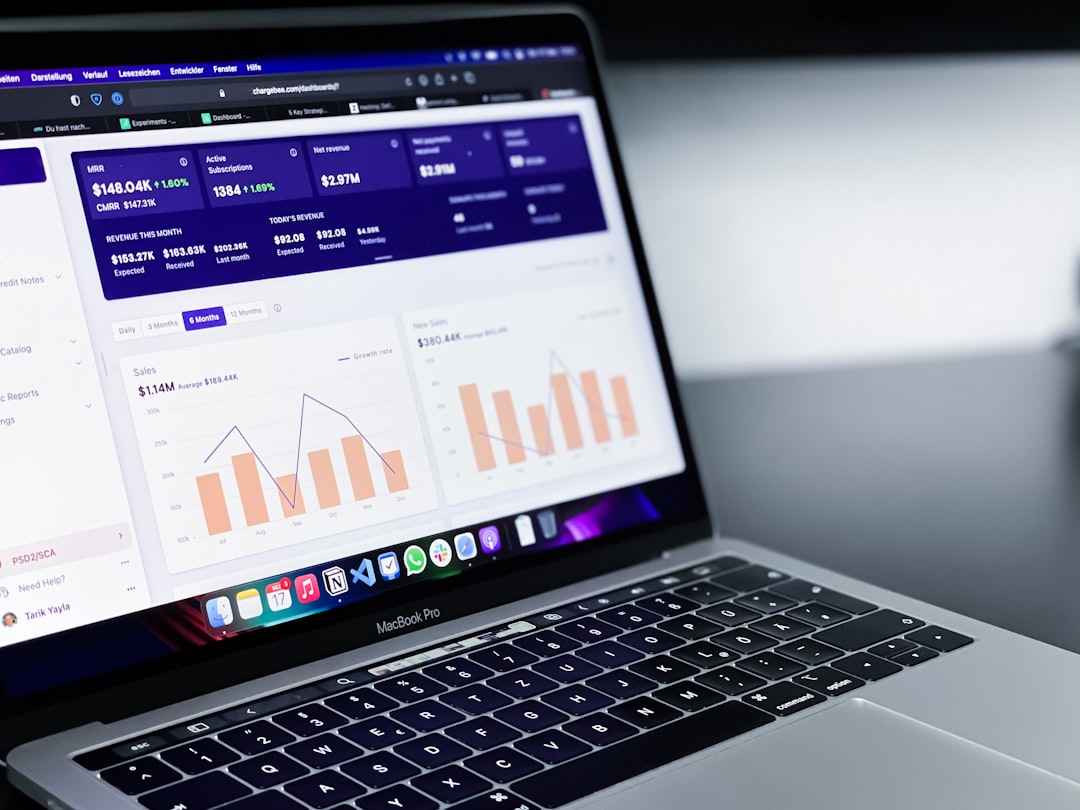Webmasters and SEO professionals managing Google Analytics 4 (GA4) enabled websites often encounter various indexing issues flagged by Google’s Search Console. One such common issue is the “Alternate Page with Proper Canonical Tag.” This warning appears when Google detects alternate versions of pages that correctly point to a canonical version through the “ tag, but it chooses not to index them. Understanding and fixing this issue is crucial since it affects how your pages are indexed and ranked on Google Search.
What Does “Alternate Page with Proper Canonical Tag” Mean?
This status means that Google has identified a page that isn’t indexed because it is considered an alternate version of another page. The alternate page has a canonical tag pointing to the primary (canonical) page. In most cases, this is the expected behavior, especially for pages used in:
- Pagination (e.g., /page/2, /page/3)
- Duplicate content with minor variations, like filtered category results
- Tracking parameters, such as UTM tags
However, when this issue appears in significant numbers, or if your high-value content is unintentionally grouped as alternate, it can result in traffic loss and poor content visibility in SERPs.
Why This Matters for GA4 Sites
GA4 tracks user behavior data differently and offers new insights compared to Universal Analytics. When pages are incorrectly tagged or improperly structured, GA4 data might show inflated sessions or misaligned content performance metrics. Moreover, a poor canonical strategy leads search engines to ignore pages critical to your digital objectives.
Common Causes of Alternate Page Canonical Issues
- Incorrect Canonical Tags: Pages pointing to the wrong canonical page due to misconfigured CMS or plugins.
- Duplicate Content: Multiple pages with very similar content—all pointing to one canonical version.
- URL Parameters: Filtering options, search queries, and tracking tags creating perceived duplicates.
- Pagination: Pages in archives or listings marked incorrectly.
- Site Structure Issues: Non-intentional duplication through product or blog category URLs.
How to Fix “Alternate Page with Proper Canonical Tag” Issues
-
Audit Affected URLs
Use Google Search Console to download the list of affected pages. Review them to categorize valid vs. problematic entries.
Focus especially on:
- Pages that should be indexed but are being excluded
- Product or content pages with organic potential
-
Review and Adjust Canonical Tags
Inspect the canonical tag on each affected page using your browser’s “View Source” or browser extensions like MozBar or SEOquake.
Make sure the canonical tag:
- Points to the correct version of the page
- Is consistent with internal links and sitemap entries
If a page is marked as canonical but still appears as “Alternate with canonical tag”, reassess whether it’s being mistakenly de-prioritized due to URL structure or duplicate content.
-
Improve Page Uniqueness
If multiple pages are nearly identical and canonicalized to a single version, consider rewriting or enhancing the content of the alternate pages. This may justify indexing those as unique entries.
Adding distinct meta descriptions, H1 tags, and body content can help.

-
Consolidate or Redirect Irrelevant Pages
For low-value or purely duplicated content, the best approach might be 301 redirects to your main canonical version instead of just tagging them with a canonical reference.
This helps Google consolidate ranking signals and avoids the ‘alternate’ exclusion altogether.
-
Fix Internal Linking Practices
Ensure that your internal links always refer to the canonical versions of URLs. Linking to non-canonical versions confuses search engines and worsens the indexing logic on your platform.

-
Update Your XML Sitemap
Only include canonical URLs in your sitemap. Google uses the sitemap as a strong signal for what you consider your primary content.
This minimizes confusion about which pages to index and improves your crawl budget allocation.
-
Use Parameter Handling Tools
In Google Search Console, go to the “URL Parameters” tool and define handling rules for query parameters that don’t change page content. Doing so prevents Google from treating them as alternate versions.
Monitoring Fixes in Google Search Console
After making updates, use the “Inspect URL” feature to resubmit corrected pages. Monitor the Index Coverage report over the next few weeks to see if the “Alternate Page with Proper Canonical Tag” warning reduces.
Additionally, monitor your GA4 data for changes in:
- Pageview metrics
- Session attribution
- Bounce rate
- User flow through key content
Better canonicalization often leads to better UX tracking and more accurate analytics.
Best Practices to Avoid Canonical Issues Moving Forward
- Develop and follow a canonical URL policy for your website
- Audit your site structure and URLs before major website updates
- Run quarterly SEO audits to catch duplications early
- Train your content team on URL and link hygiene
- Use structured data to reinforce content uniqueness
Conclusion
Fixing the “Alternate Page with Proper Canonical Tag” issue on your GA4-enabled websites isn’t just about search engine preferences—it directly impacts how your content performs in analytics and ultimately how your audience interacts with your brand. By properly auditing, configuring, and monitoring your canonical strategy, you can ensure that your most valuable pages get the visibility—and analytical insights—they deserve.
Frequently Asked Questions (FAQ)
- What causes the “Alternate Page with Proper Canonical Tag” status?
- This status occurs when alternate versions of a page point to a canonical but are not indexed themselves. It usually results from similar content pages, pagination, or parameterized URLs.
- Should I worry if I see many of these in Google Search Console?
- Not always. If the excluded pages are intentional (e.g., duplicate or filtered pages), there’s no issue. But if important pages are being excluded, action is necessary.
- Can GA4 configuration impact canonical tags?
- Indirectly, yes. While GA4 itself doesn’t manage canonical tags, tracking parameters and dynamic configurations can lead to URL variations that affect canonical logic.
- Is it better to use 301 redirects rather than canonical tags?
- It depends. Use 301 redirects when a page no longer serves a unique purpose. Use canonical tags when similar pages need to exist but you want one to rank.
- How long does it take for changes to reflect in Google Search Console?
- It can take several days to weeks, depending on crawl frequency. Submitting pages manually for re-indexing can speed this up.

